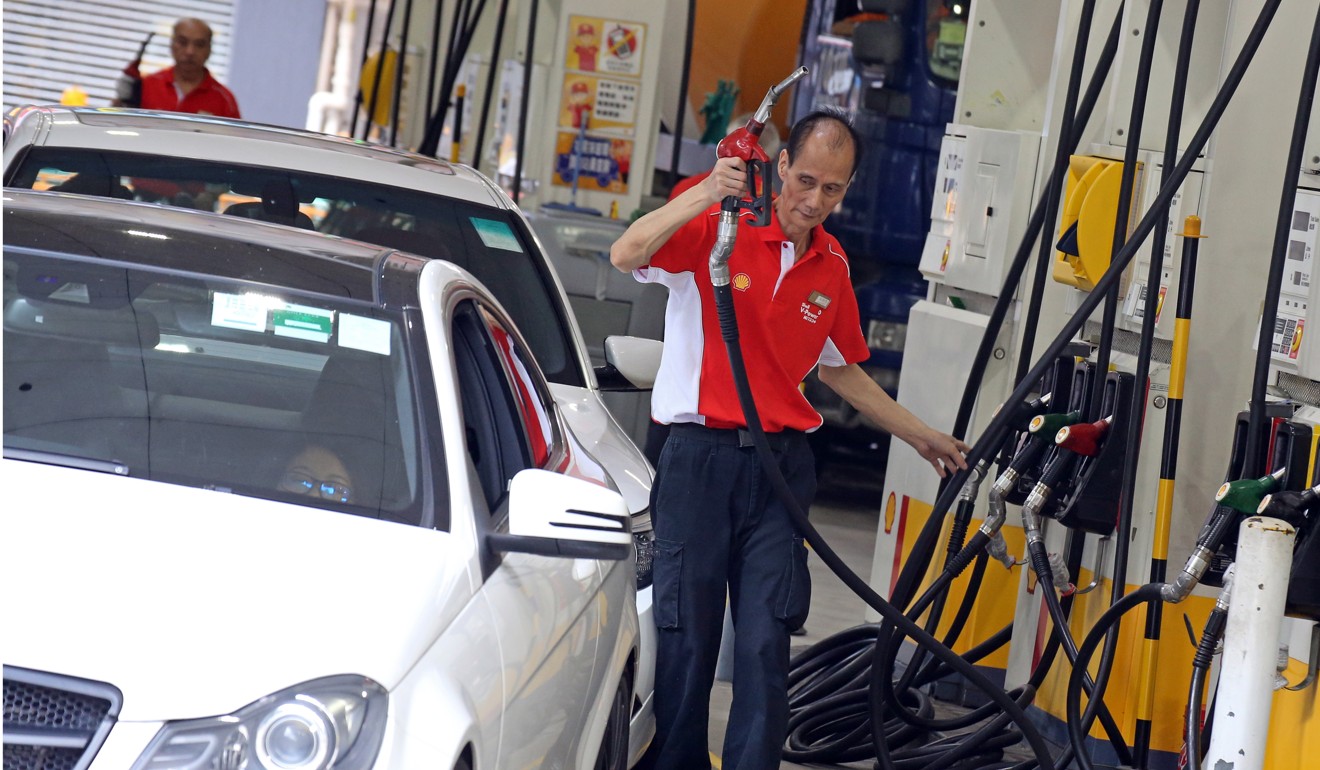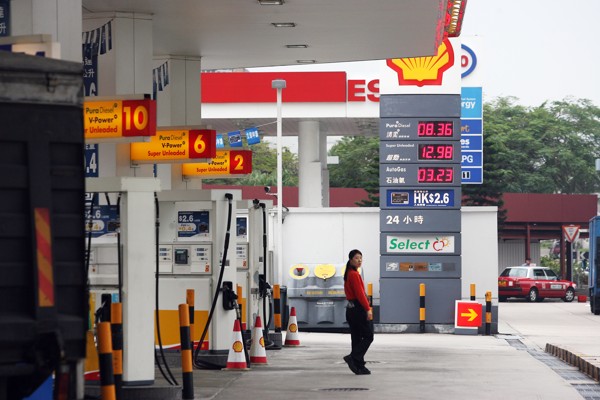
New competition report on auto fuel market fails dismally to offer realistic solutions on Hong Kong’s petrol cartels
As in previous attempts to get to the bottom of how Hong Kong’s alleged petrol cartel works, progress has been limited because of a lack of access to real information, including, crucially, the level of retails margins in this business
Imagine being invited to a football match where both sides have been told they are not allowed to score a goal, you would probably decide not to bother but if you were open-minded enough to go you may well experience the kind of frustration as that derived from reading the Competition Commission’s recently released report on Hong Kong’s auto fuel market.
Both experiences stray far from the goalmouth but the auto fuel report is not an entirely pointless exercise, not least because it helpfully describes the mechanics of the fuel trade – but it is intensely frustrating when you realise the report’s authors are not allowed to do what is, after all, the main point of a competition regulator: actively prevent major anti-competitive practices.

This report tantalisingly starts out by highlighting what practically everyone knows about the local auto fuel market, namely that it is one of the most expensive in the world, that pump prices are more or less identical in every outlet and that prices move in unison.
Us dimwits who buy petrol strongly suspect that this is the result of the collusion between the market’s remaining four oil companies, but the good folk at Commission who have worked long and hard on this report, warn us not to confuse anti-competitive conduct with a pricing outcome caused by a ‘number of structural and behavioral issues that may have been undermining competition’.
This is weasel-speak for saying: don’t trust surface evidence.
There is also a great deal of guff, and very unconvincing guff at that, about how the complex system of discounts means that all prices are not the same.
The Commission seems not to have noticed that, like the sticker prices, all the discount schemes are indeed more or less the same or, where different, only to a degree countable in cents.
In previous attempts to get to the bottom of how this alleged petrol cartel works, progress has been limited because of a lack of access to real information, including, crucially, the level of retails margins in this business
However maybe the real reason why the report is so frustratingly unsatisfactory is that the Commission admits that it is not part of a formal investigation that would have furnished its investigators with powers to secure information from the companies as opposed to merely requesting cooperation.
The net result is that, as in previous attempts to get to the bottom of how this alleged petrol cartel works, progress has been limited because of a lack of access to real information, including, crucially, the level of retails margins in this business.

That said the Commission has not entirely wasted its time but like the hapless football payers kicking the ball around without scoring, this report avoids producing a clear-cut result.
What’s left is however interesting. One standout finding, generally unknown to the petrol buying public, is that Hong Kong petrol companies only offer the highest grade 98 RON petrol, and not the 95 RON grade which is common elsewhere in the world, far cheaper and suitable for most modern day vehicle engines.
The Commission also makes some useful points about the lack of clarity in displaying prices and the unnecessary complexity and lack of transparency surrounding discount schemes.
It points out that as the government controls the tenders for the leasing of petrol station sites it has the power to stipulate that operators should supply 95 RON grade petrol.
Moreover as 28 petrol station sites are coming up for tender next year the government has the power to widen competition in this business.
Hong Kong petrol companies only offer the highest grade 98 RON petrol, and not the 95 RON grade which is common elsewhere in the world, far cheaper and suitable for most modern day vehicle engines
A major problem here is that the existing cartel companies control the terminal facilities for bringing in the fuel, so it is incumbent on the government to use its powers to secure access to these facilities for other companies.
The last of the Commission’s recommendations is perhaps the most telling as it suggests that this largely toothless body should be given statutory information gathering powers that would make studies of this kind more meaningful.
When the Commission was established its formation was widely seen a sop to those who complain about the iron grip of cartels on various commercial activities, causing Hong Kong’s prices to be among the highest in the world. However it was given a limited scope of activity and very limited powers of investigation accompanied by zero powers of enforcement.
Either the government needs to come clean and declare that such is its love of the free market that it will not interfere in its operation (yes, I know this argument is hard to run for the only government in world to be the main operator of theme parks that elsewhere are run by private enterprise) or it needs to get real and have competition laws with teeth and an organisation properly empowered to make them work.
This report from the Competition Commission tantalisingly shows what could be done but confirms how little can be done under current arrangements.
Stephen Vines runs companies in the food sector and moonlights as a journalist and a broadcaster

